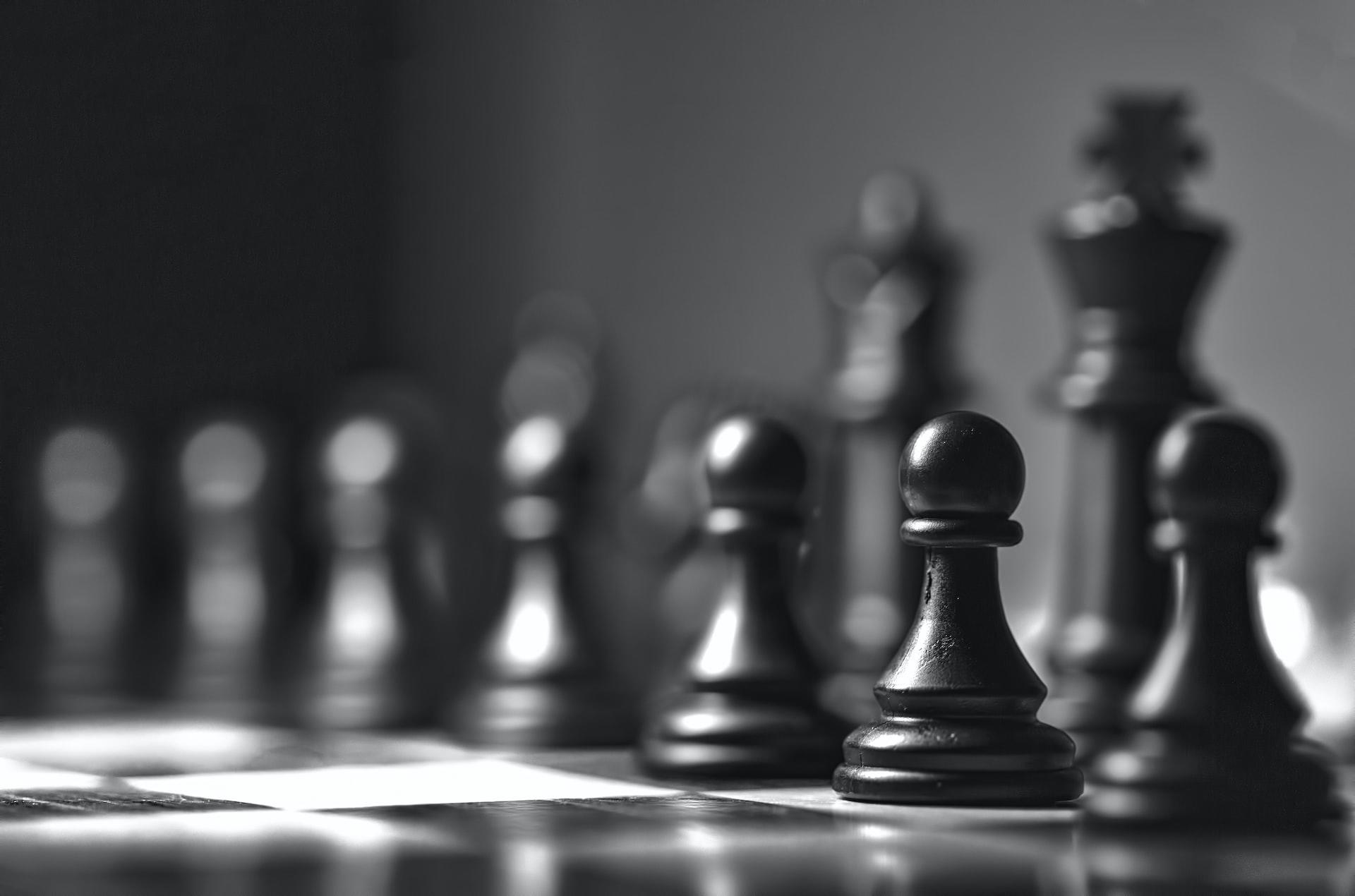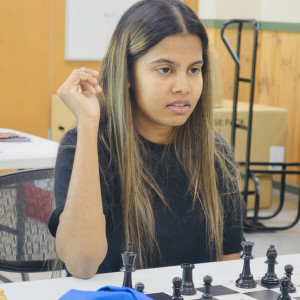In the world of chess, players can get a rank or a rating based on their performances that reflect their level and their performances against other rated players.
There are different rating systems and ranks, but as it's the most widely used and internationally recognised, we'll just consider the FIDE rating.

How Do You Get a Chess Rating?
Put simply, you get a chess rating by playing in rated events and tournaments against rated players. Different systems have different rules and requirements, but for FIDE, it's to play against 3 rated players and gain one point (either one win or two draws) in a single tournament.
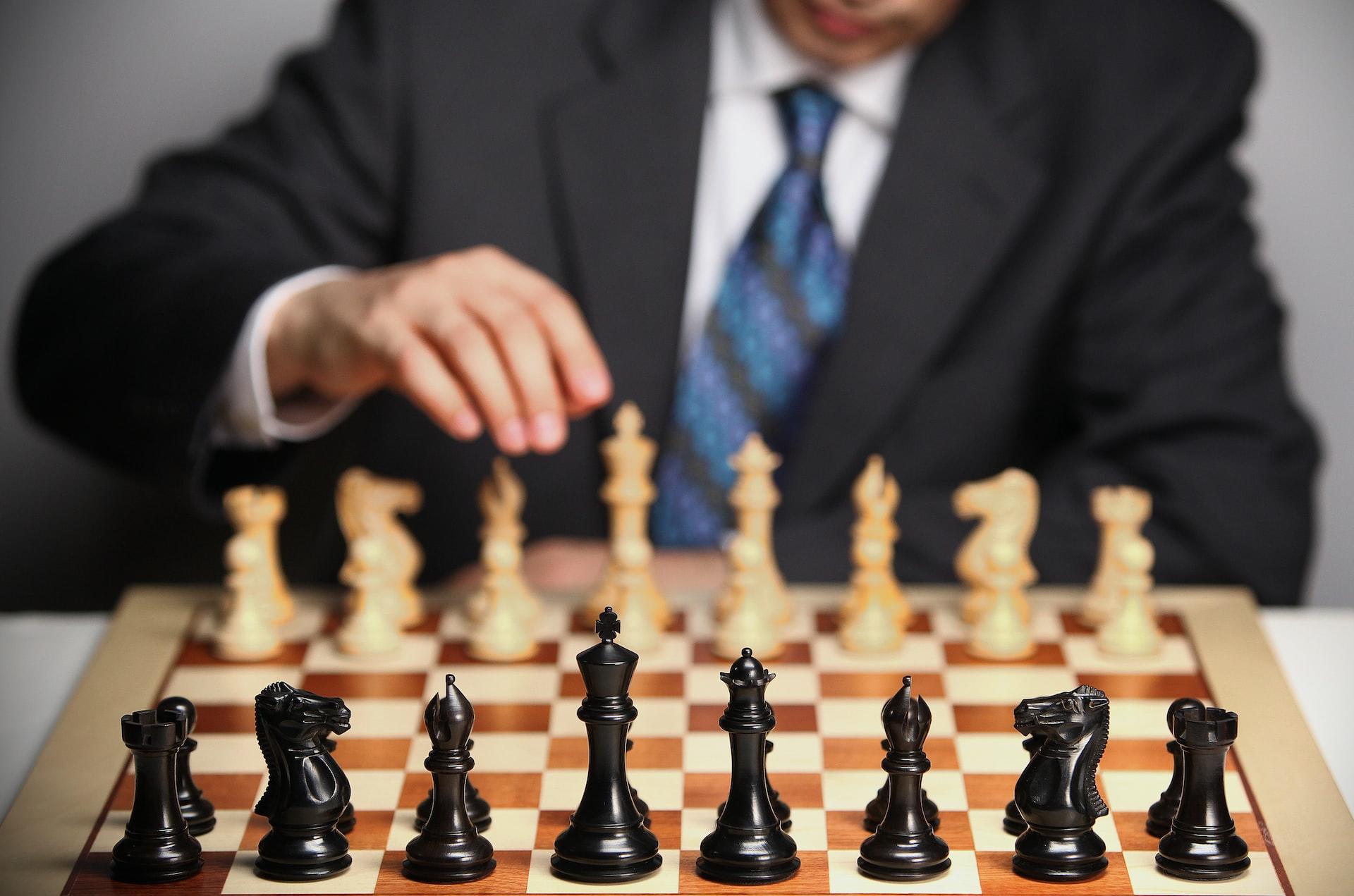
Your rating can go up or down, but it doesn't deteriorate. Your rating only changes when you participate in matches. However, you can get an “inactive” indication on your rating, which will leave you out of consideration for rankings.
For example, Garry Kasparov won't appear in the current top rankings as he retired in 2005 and is an inactive player.
Once you get your rating, you'll probably want to know what kind of rating to aim for or whether or not your rating is good.
What Are the FIDE Ratings?
What makes a “good” chess rating is certainly subjective. The ratings can be divided into classes or categories so let's take a look at them and we'll let you decide what you consider to be good.
We'll take into consideration the "typical" playstyles of players at different levels, but of course, this isn't all-encompassing. It should, however, give you a better idea of the kinds of players to expect at each level.
1000-1200
At this level, chess players are considered novices and if a player's rating drops below 1000, they'll be required to go through the process of gaining their initial rating again.
At this level, players are likely to make a lot of mistakes and have a limited or no understanding of advanced chess principles.
1200-1400
Players here are considered Class D or Category 4 players. By this level, they probably know a few openings and tactics.
1400-1600
By this stage, Class C or Category 3 players should have an understanding of some good chess principles and ideas. They're less likely to make big mistakes or blunders but may have weaknesses when it comes to certain phases of the game.
1600-1800
Class B or Category 2 players are likely to be considered above average in terms of their knowledge when it comes to openings and the middle game.
1800-2000
At this level of play, the Class A or Category 1 players are above average in every aspect of playing chess and will sometimes exhibit inaccurate play, but this is incredibly infrequent.
2000-2200
Players who reach this level of chess are on their way to becoming the superstars of the game, which comes with titles. This rating range can include Candidate Master (CM) and unless you're a GM yourself, you could probably safely say that these are good players.
They'll be above average in every aspect of play, but they'll probably have a preferred or dominant phase of the game where they're more likely to decide matches.
This rating doesn't guarantee the CM title, but there are a few ways for players at this level to obtain the title, which is the lowest of the FIDE titles.
2200-2300
Here we find the FIDE Candidate Masters (CM) and National Masters (NM). The FIDE Candidate Masters title is most easily gained by reaching a rating of 2200.
Again, this title can be gained at a lower level, but reaching this level is how most CMs achieve it.
2300-2400
As we reach the business end of the ratings, this range is populated by FIDE Masters (FM) and some International Masters (IM).
An FM outranks a CM but is a lower rank than IM. The route to IM usually includes reaching a rating of 2400 along with several other criteria including sustained performance ratings over a set number of games.
2400-2500
At these ranges, we see the majority of IMs and some of the lower-rated GMs, which is only a statement of fact and by no means meant as an insult to their ability. Here, we're looking at the best of the best and the various winners of junior world championships or those who qualify for the FIDE World Cup.
2500-2700
Here we have the best players in Australia and around the world. These players are considered outstanding and the title of Grandmaster (GM) is the highest title that any chess player can be given. Once a player gets this title, they have it for life.
The only time the Grandmaster title isn't held for life is when it's actively revoked for something like cheating.
2700+
At this point, we're seeing the highest-ranked players in the world and this only includes slightly over 100 players in the world.
These players are sometimes called Super Grandmasters and these players often can also boast other accolades and titles such as being the highest ranked in their country, a world champion, chess prodigies, etc.

What Makes a Good Chess Rating?
Now you have a better idea of what each rating consists of, you should be able to set achievable goals for what you'd consider a “good” rating.
Rather than considering certain ratings to be good or not, it's probably a better idea to focus on improving your rating and adjusting your goals based on your progress.
How Do You Improve Your Chess Rating?
The simplest way to improve your chess rating is through tournament play and winning matches. The smartest way to do this is by beating higher-rated players, but this obviously comes with an increased risk of losing.
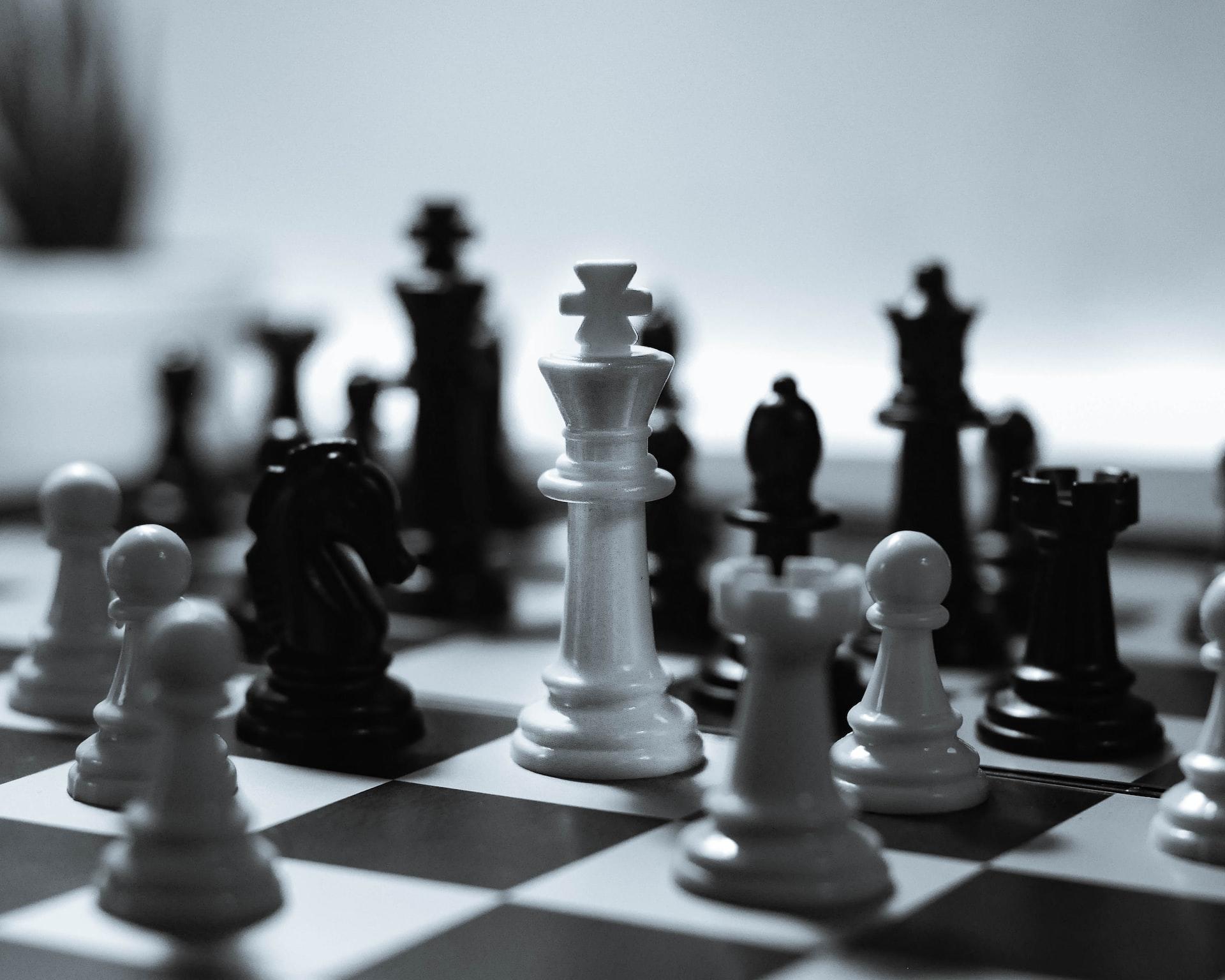
In tournaments, however, matches are determined by rating so you can't really game the system by choosing which opponents you'd like to play against. There are rules against manipulating your ranking, though.
What you can do, however, is study your opponents. The chess matches and moves are recorded and once you start reaching higher levels, understanding your opponent is paramount to victory.
How Can You Improve Your Chess Game and Win More Matches?
To win more chess matches, you have to know the game intimately and also understand how to beat your opponent. Research, practice, and playing are the most obvious ways to win more matches. However, this is easier said than done. It takes a lot of work and effort to improve and beat the very best.
The three core ways to do this are through studying chess, practising, and gaining experience through play.
Study
Chess is often called a mind sport as while not physically tiring, it relies heavily on intellectual ability and intense thinking. To improve in these areas, you have to spend time studying the game, studying the phases of the game, and studying opponents.
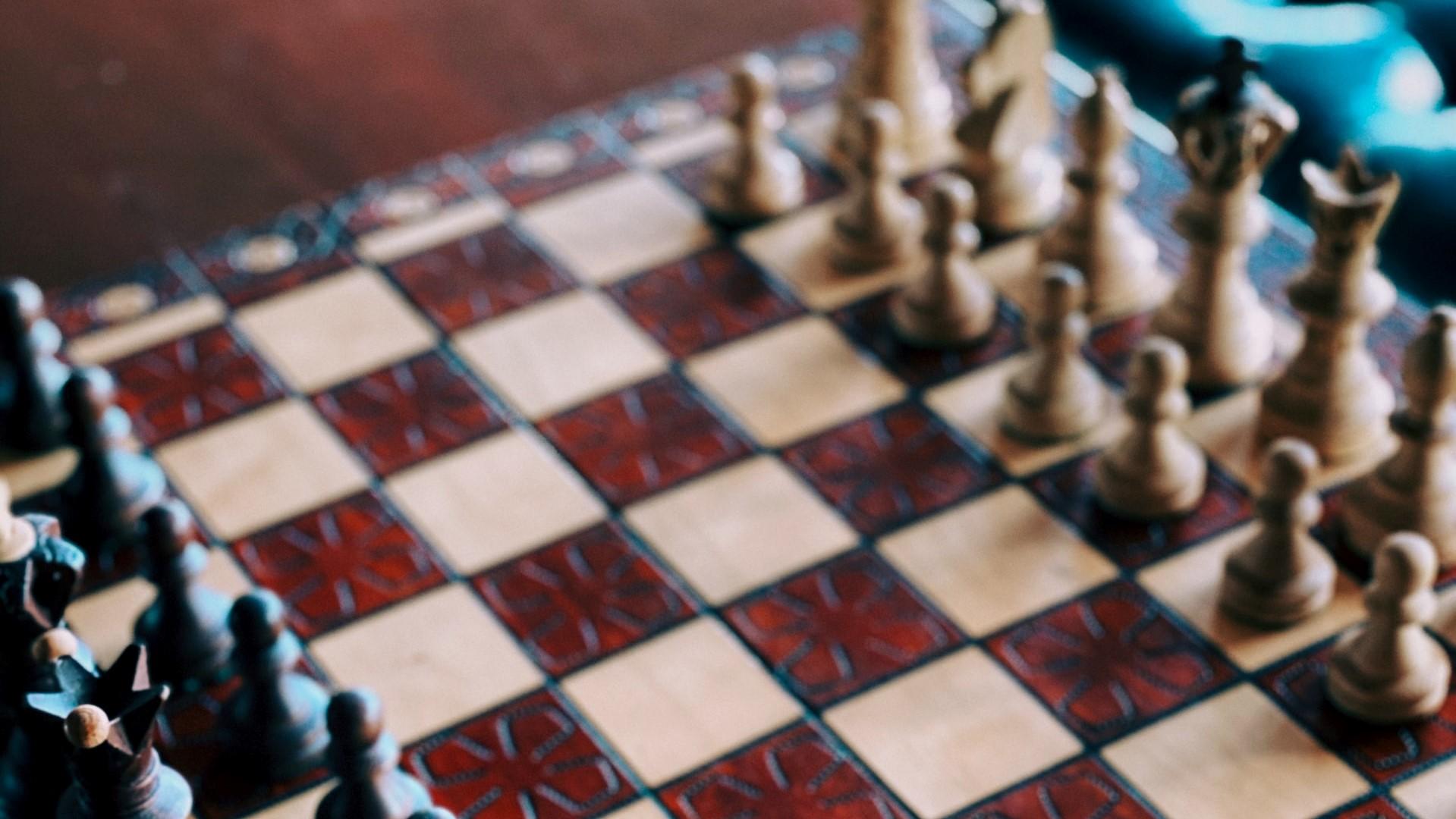
Fortunately, there are plenty of chess resources and websites out there where you can find out more. You can study and analyse phases of the game, memorise tactics, and develop your understanding of chess strategy.
For those who prefer an old-school approach, there are also plenty of excellent books and guides on chess, many of which are written by Grandmasters and the very best players to have ever played the game.
Ask any of the very best players how they became so good at chess and they'll tell you that it's a lot of work.
Practice
Many of us learn by doing. For everything you studied to sink in, it can be a good idea to practise. You don't necessarily have to play games to practise as you can use your manuals and guides to set up situations you may encounter during matches and apply what you've learned.
Regularly doing this will make situations second nature to you and also gives you opportunities to practise the situations that decide matches even if these situations don't often arise in the matches you play against your typical opponents.
Improving FIDE Ratings through Play
Finally, with a lot of practice and study, you should naturally play better. However, there are sometimes things that can only be learned through play.
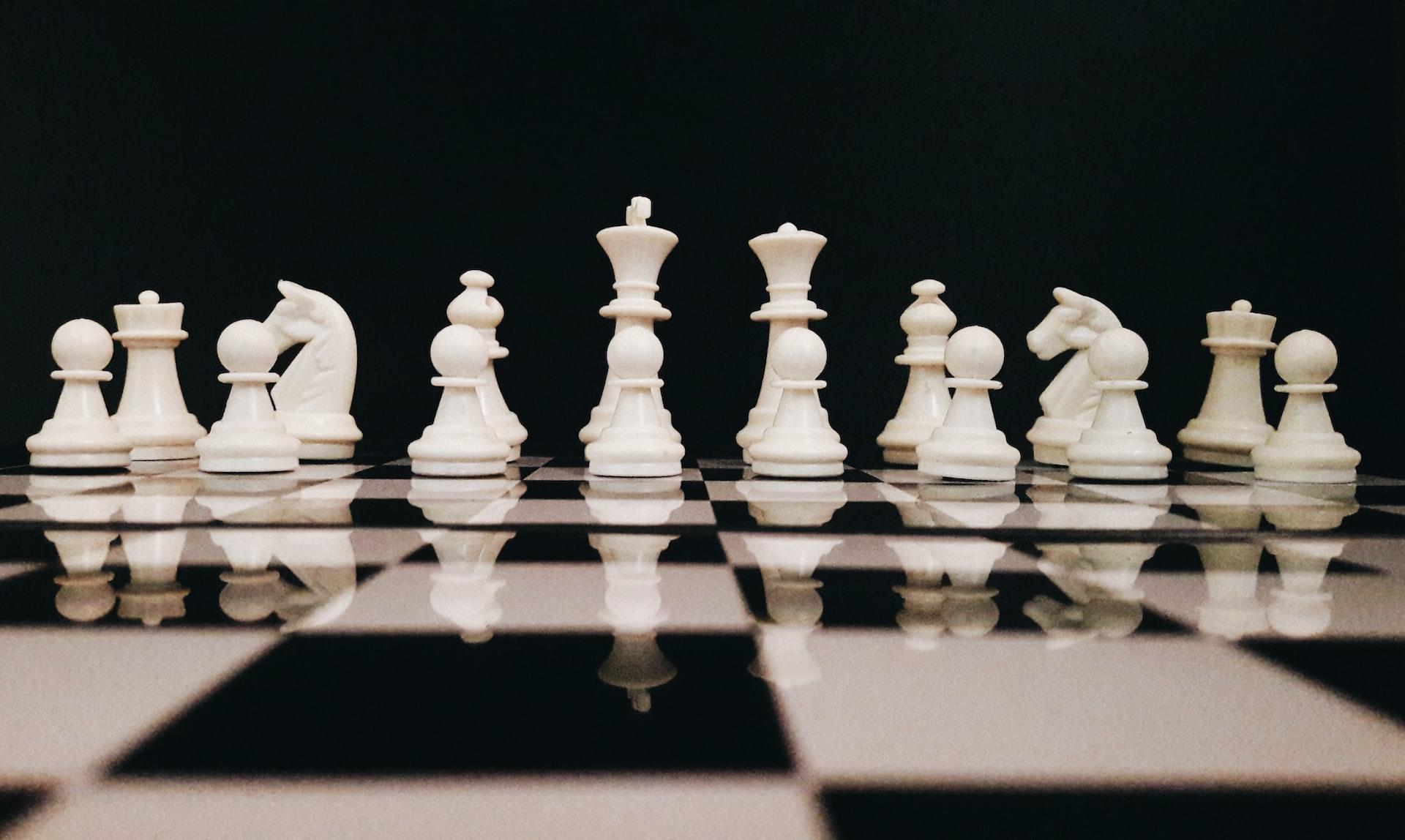
For one, studying and practising chess doesn't replicate the pressure of playing a real match and you mightn't be against the clock, either. While it can be good to practise against the clock, especially if you regularly play timed games, it still won't be exactly the same as playing a real game against an opponent.
By regularly playing games and analysing them, which you can easily do online or with chess computers, you can learn from your mistakes, know which aspects of your game need work, and improve as a result.
Combine these three things to get the most out of your chess playing and when you start beating rated opponents in rated tournaments or even some of Australia's major tournaments, you'll see your rating increase as a result.
Summarise with AI:

